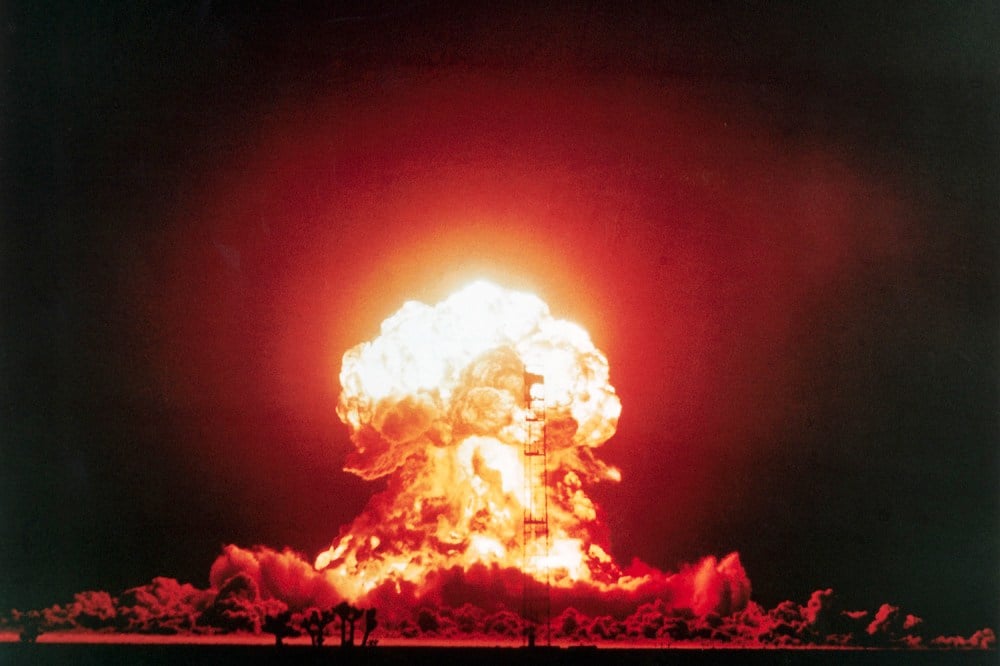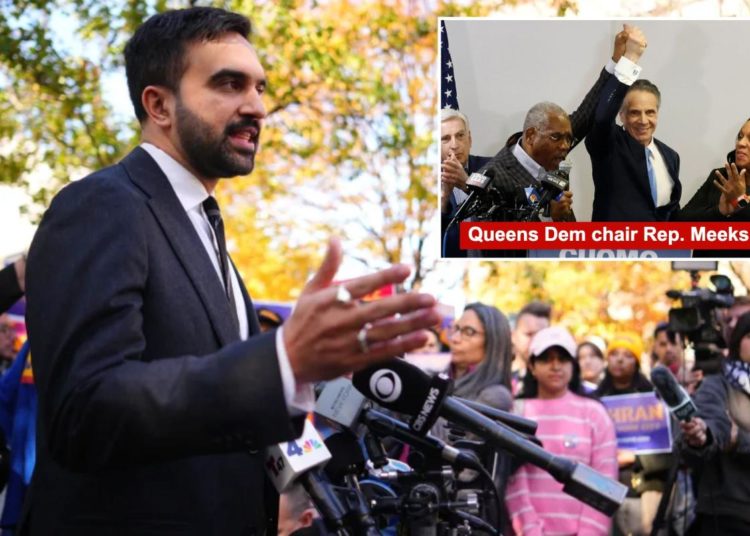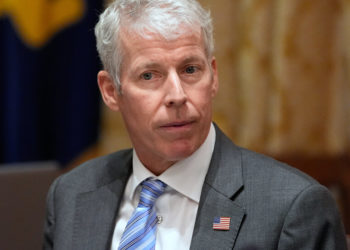U.S. President Donald Trump’s vaguely worded promise last week to start testing the country’s nuclear weapons on an “equal basis” with Russia and China has sparked fears that the United States will fuel a renewed nuclear arms race.
According to Sahil Shah, a nuclear risk reduction expert, Trump’s statement could be interpreted as “a political flourish to show resolve; an order to increase testing of nuclear-capable delivery systems; an instruction to expand simulations and subcritical experiments; or, worst of all, authorization of explosive nuclear warhead detonations.”
“The first three are serious policy choices that merit debate,” Shah writes. “The last would mark an epochal reversal of U.S. policy and international norms.”
As analysts debate what Trump’s latest moves could mean, we’ve rounded up some of our best coverage of how the current U.S. administration could reshape the global nuclear landscape.
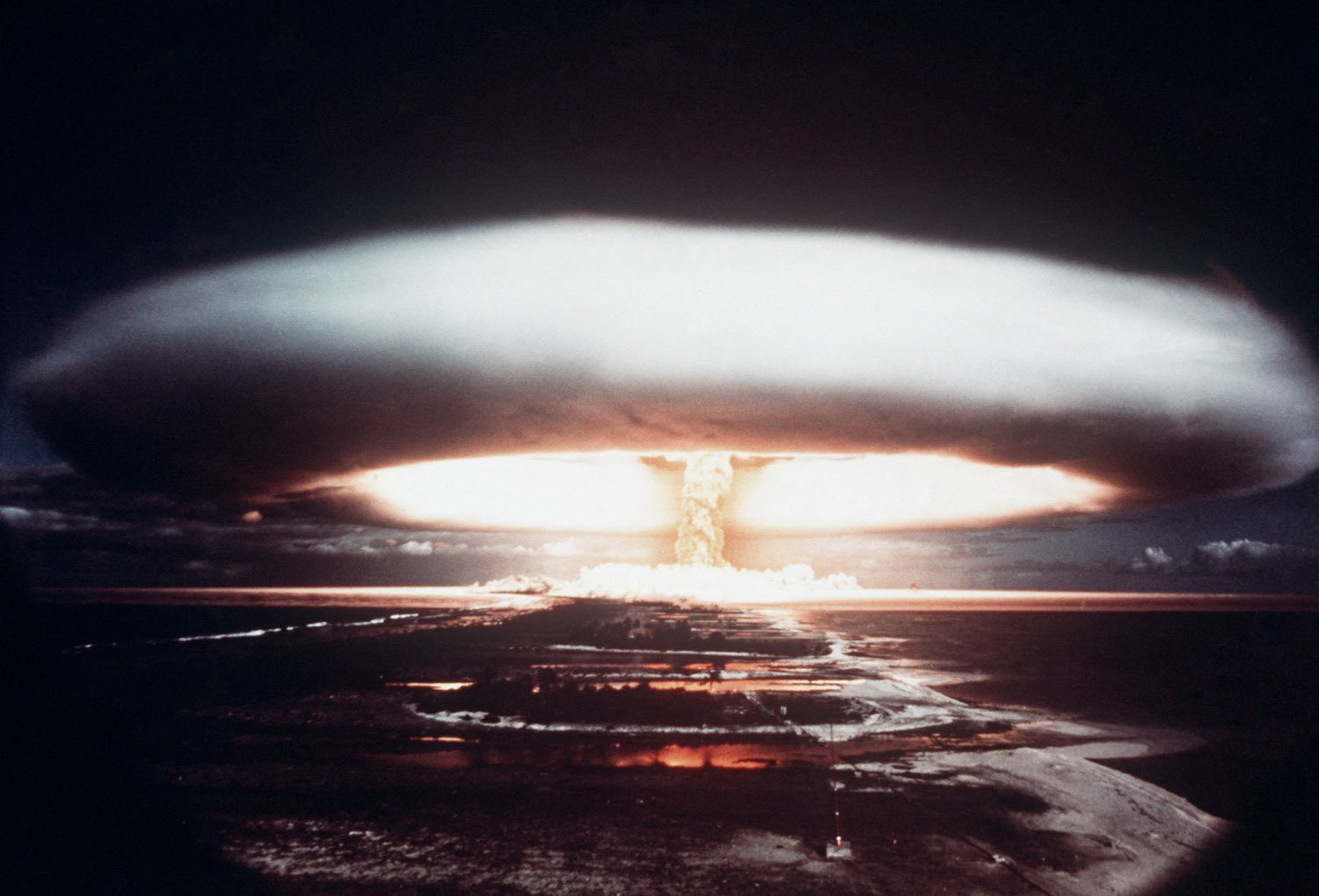
Trump’s Vagueness Over Nuclear Testing Could Fuel an Arms Race
It’s unclear whether his statement refers to warhead detonations, Sahil Shah writes.
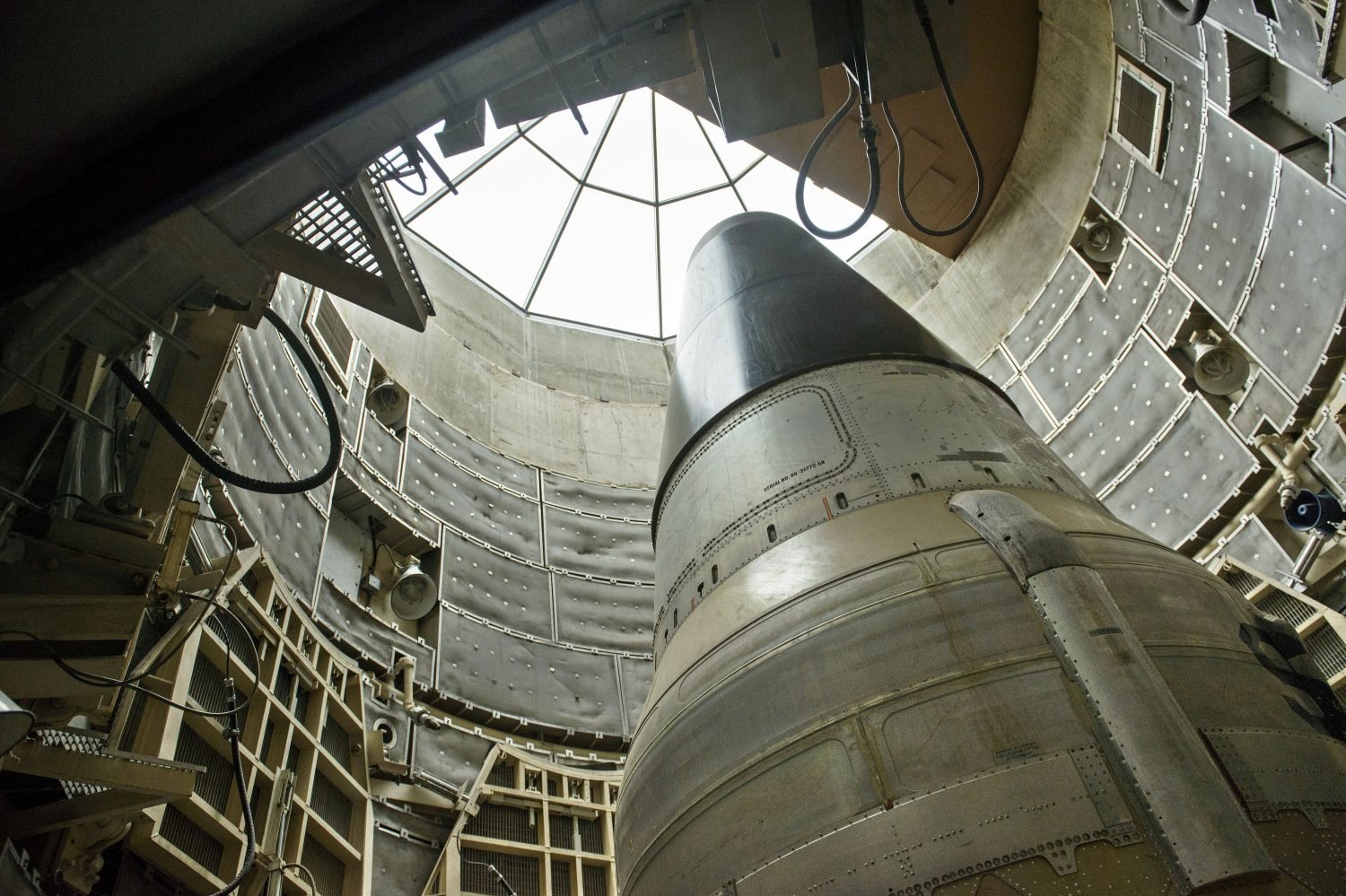
America’s Latest Problem: A Three-Way Nuclear Race
New Russian and Chinese weapons make Washington’s nuclear command structure vulnerable to attack, Eric S. Edelman writes.
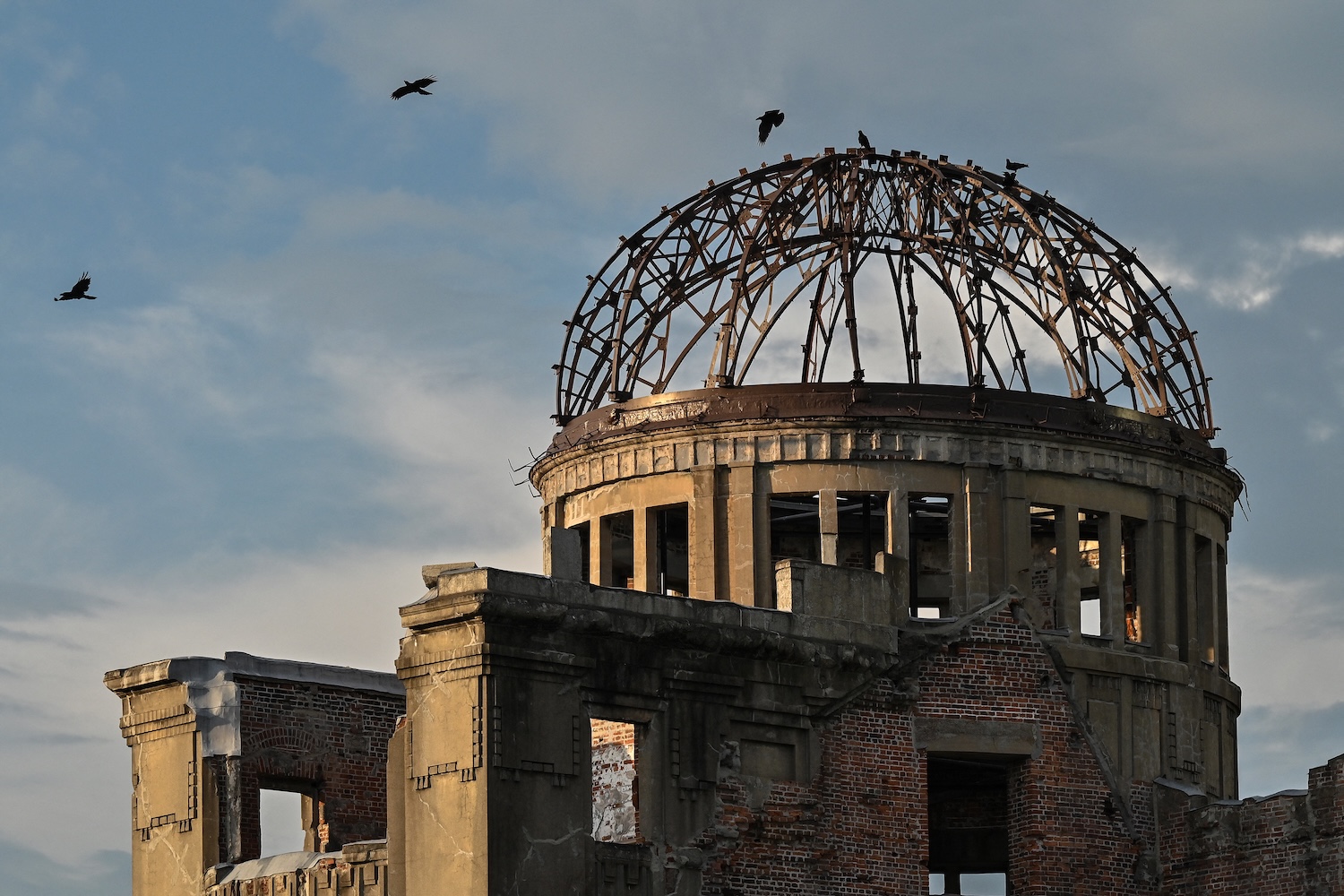
Why the Nuclear Taboo Is Stronger Than Ever
Fears of proliferation and the crumbling of an earlier nuclear order could actually be accelerating international norm-building, Charli Carpenter writes.
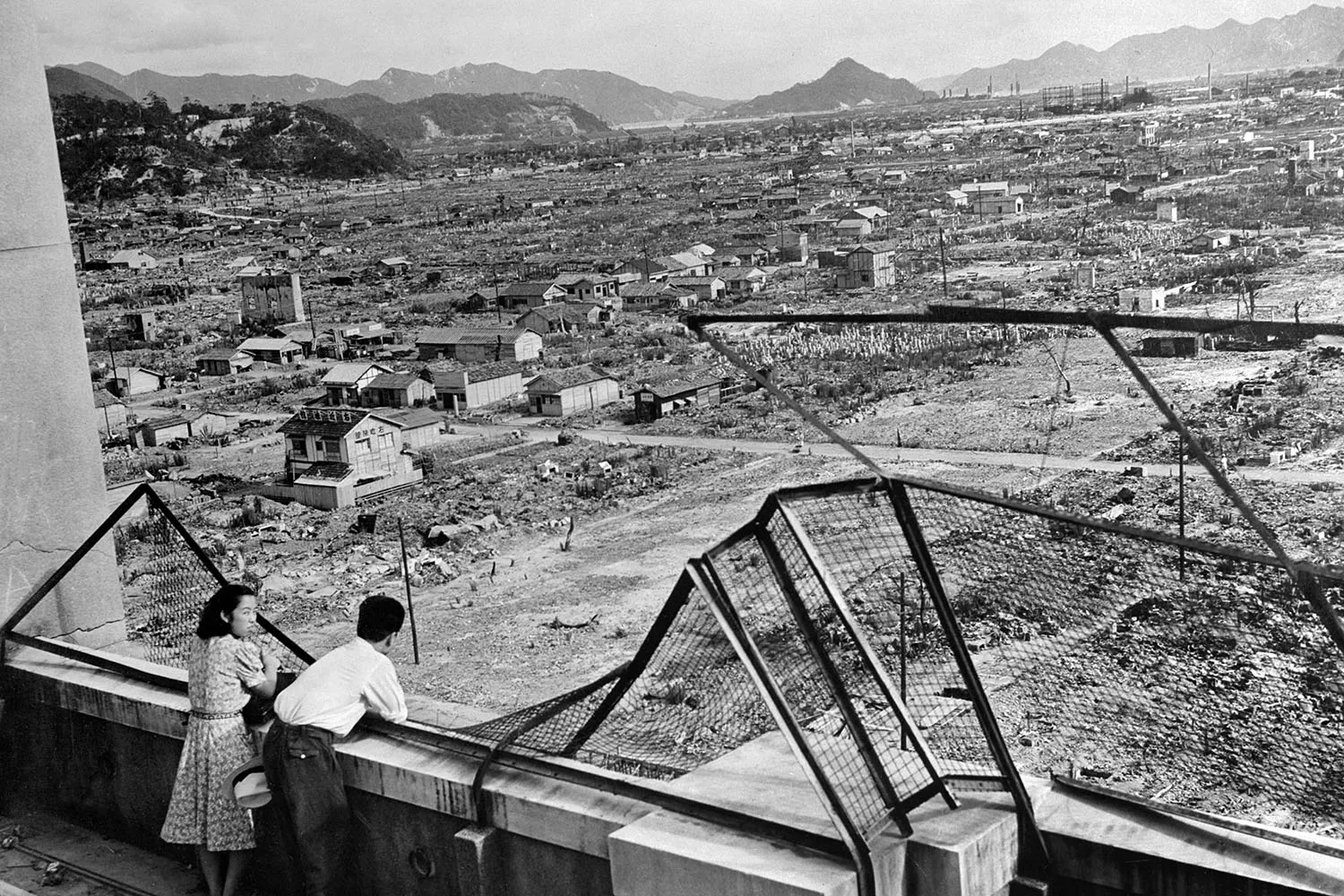
An Unreliable America Means More Countries Want the Bomb
Without credible U.S. security guarantees, nuclear proliferation is likely to increase rapidly across Europe and Asia, Debak Das and Rachel A. Epstein write.
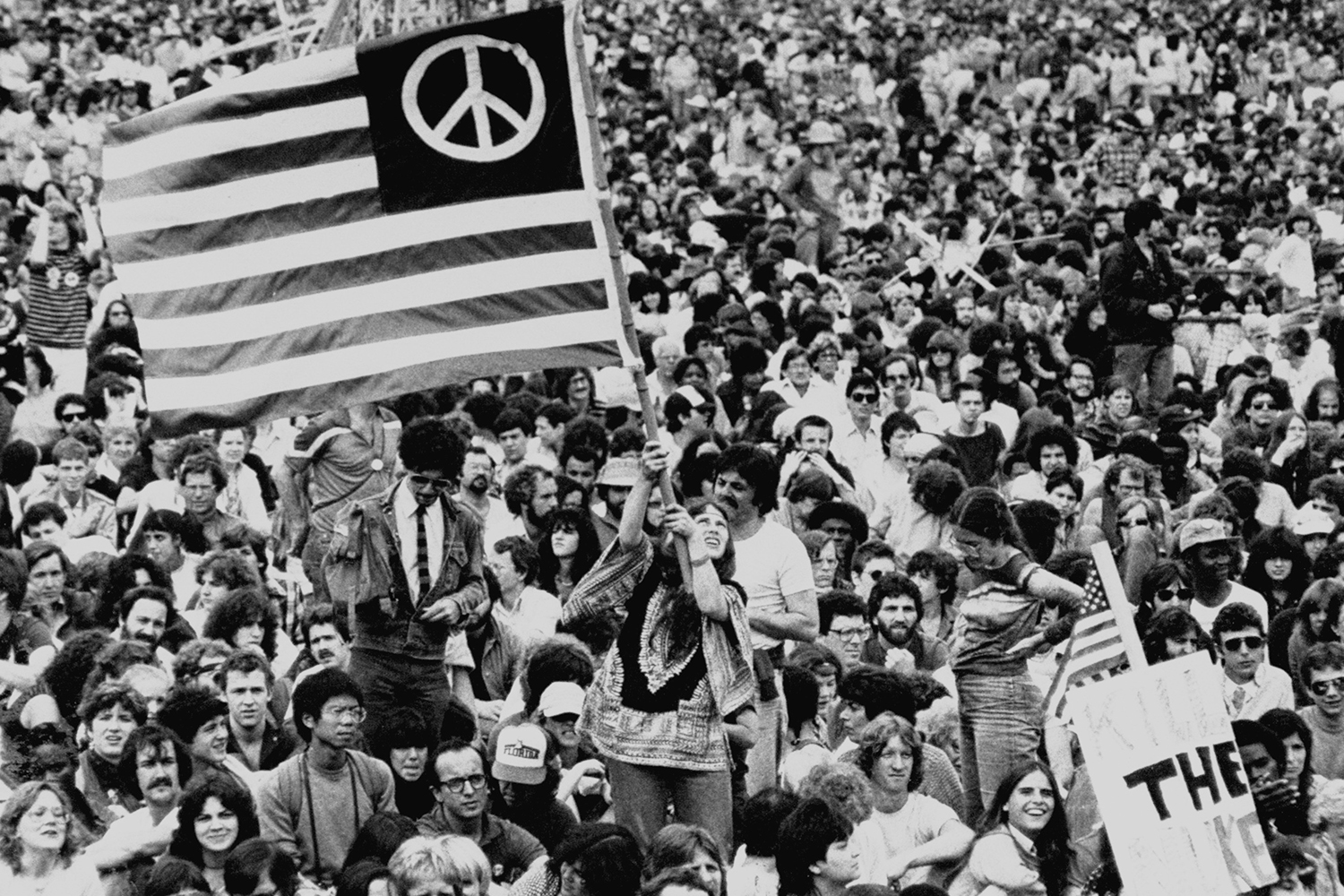
How to Fix the Cracks in the Nuclear Dam
The crisis in the Middle East shows why the world must repair Trump’s damage to the nonproliferation landscape, Adam Thomson writes.
The post A New Nuclear Arms Race? appeared first on Foreign Policy.
